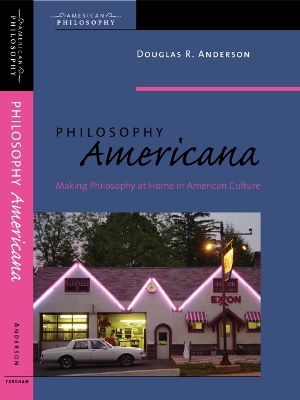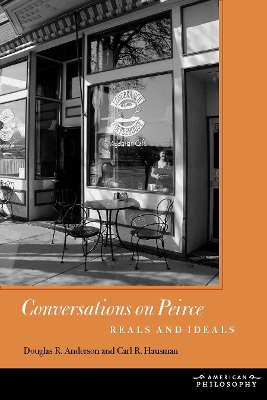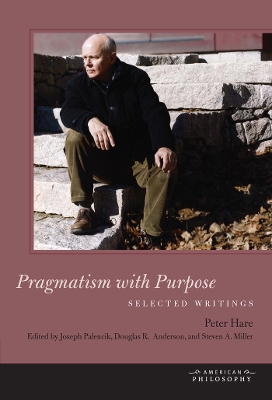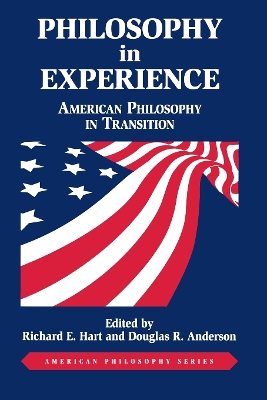American Philosophy
4 total works
In this engaging book, Douglas Anderson begins with the assumption that philosophy-the Greek love of wisdom-is alive and well in American culture. At the same time, professional philosophy remains relatively invisible.
Anderson traverses American life to find places in the wider culture where professional philosophy in the distinctively American tradition can strike up a conversation. How might American philosophers talk to us about our religious experience, or political engagement, or literature-or even, popular music?
Anderson's second aim is to find places where philosophy happens in nonprofessional guises-cultural places such as country music, rock'n roll, and Beat literature. He not only enlarges the tradition of American philosophers such as John Dewey and William James by examining lesser-known figures such as Henry Bugbee and Thomas Davidson, but finds the theme and ideas of American philosophy in some unexpected places, such as the music of Hank Williams, Tammy Wynette, and Bruce Springsteen, and the writings
of Jack Kerouac.
The idea of "philosophy Americana" trades on the emergent genre of "music Americana," rooted in traditional themes and styles yet engaging our present experiences. The music is "popular" but not thoroughly driven by economic considerations, and Anderson seeks out an analogous role for philosophical practice, where philosophy and popular culture are co-adventurers in the life of ideas. Philosophy Americana takes seriously Emerson's quest for the extraordinary in the ordinary and James's belief that popular philosophy can still be philosophy.
The essays in this book have grown out of conversations between the authors—and their colleagues and students—over the past decade and a half. Their germinal question concerned the ways in which Charles Sanders Peirce was and was not both an idealist and a realist. The dialogue began as an exploration of Peirce’s explicit uses of these ideas and then turned to consider the way in which answers to the initial question shed light on other dimensions of Peirce’s architectonic.
The essays explore the nature of semiotic interpretation, perception, and inquiry. Moreover, considering the roles of idealism and realism in Peirce’s thought led to considerations of Peirce’s place in the historical development of pragmatism. The authors find his realism turning sharply against the nominalistic conceptions of science endorsed both explicitly and implicitly by his nonpragmatist contemporaries. And they find his version of pragmatism holding a middle ground between the thought of John Dewey and that of Josiah Royce. The essays aims to invite others to consider the import of these central themes of Peircean thought.
Pragmatism with Purpose
by Peter Hare, Douglas R. Anderson, and Steven A. Miller



